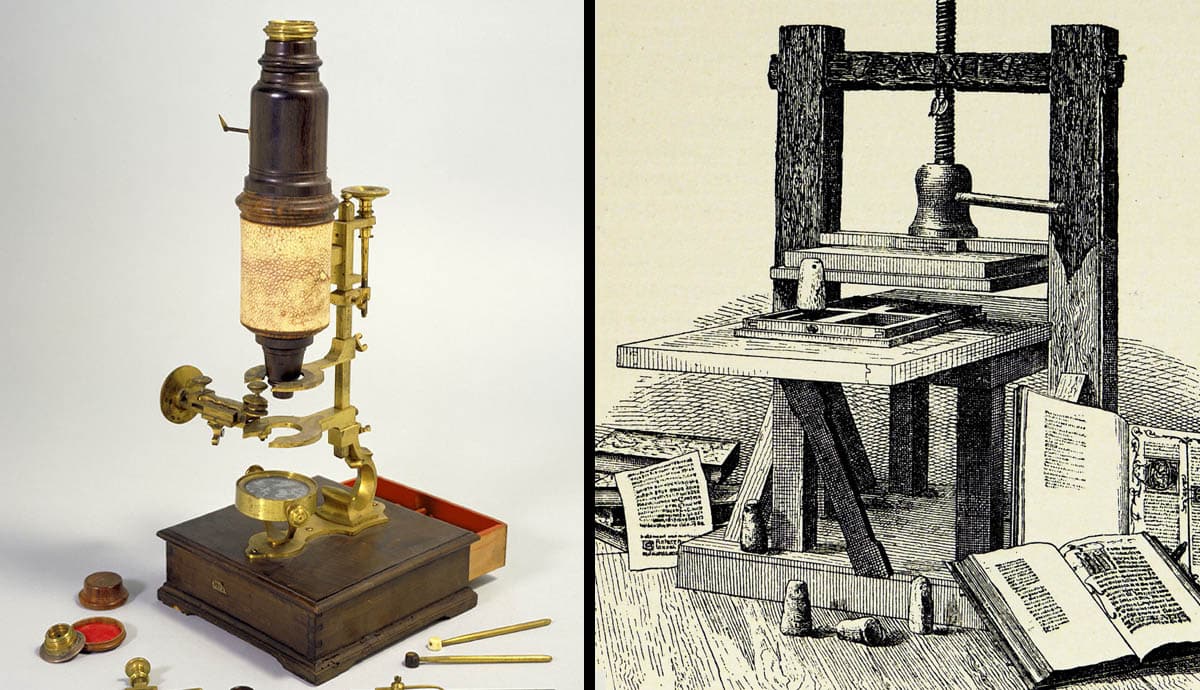So yesterday afternoon, I was scrolling through some history forums – totally random, right? – and kept seeing questions about what really mattered back in the Renaissance. Stuff people actually use today. Thought, hey, that could be a solid topic for the blog. "Quick history facts," something digestible, y'know? Decided I'd figure out which Renaissance inventions actually changed the world, like for good.
Started simple. Just grabbed my laptop, opened a blank doc, and typed: "Renaissance inventions world changing". Hit search. Google threw up the usual suspects: Leonardo da Vinci sketches, fancy art stuff... but I wanted things that stuck. The real game-changers. Dug past the first page – you gotta do that. Found articles comparing ancient times to modern, looking for that direct line.
Okay, first thing smacked me in the face? The Printing Press. Yeah, obvious, but I needed to know why it mattered so much. Apparently, before Gutenberg came along in like the 1440s, books were crazy expensive. Hand-copied by monks, took forever. Found a stat saying a single Bible took one guy over a year just to write out! Insane! His press? Could do hundreds a day. Suddenly, knowledge wasn't just for priests and nobles. Regular folks could get ideas, share news. Science, religion, politics – everything exploded because info flowed freely. Boom. First major point locked in.
Then, totally unrelated, found myself thinking about eyeglasses. Knew they were old, but how old? Started rabbit-holing. Turns out the crucial bit – concave lenses for nearsightedness – got nailed down in Florence around the 1450s. Seriously? That simple? It meant scholars could actually read without squinting at 40. Artisans could see tiny details. Old people weren't just useless after their eyes went. Huge. That changed work, learning, aging... basically everyday life for millions forever. Slapped that onto my list.
Next, stumbled on scientific instruments. Like, proper ones, not just guesswork. Specifically, the telescope and microscope. Galileo didn't invent the telescope, but he definitely pointed it up in the early 1600s and wrecked the old "Earth is the center" idea. Found a cool bit about Dutch spectacle makers playing with lenses and accidentally inventing microscopes around the same time. Can you imagine? Suddenly, humans could see way farther out and way deeper in – planets existed, tiny bugs lived in water, our own bodies were full of weird little bits. Changed how we see our place in the universe and understand health. Massive shift.
Was gonna stop there, honestly. But then, scrolling further down some dusty webpage (literally felt like finding a relic!), read about navigational tools. Specifically, the Mercator map projection developed in the 1500s. Sounds boring? Nope. Before this, sailors basically guessed when crossing oceans. Maps were messy distortions. Mercator made sea charts where a straight line on the map meant a constant compass direction on the actual ocean. Like, finally, reliable navigation! This fueled the Age of Exploration big time, leading to global trade, empires, mixing cultures – the whole modern connected world kinda started here. Had to include it.
So, after a couple hours digging, here’s what stuck for truly world-changing Renaissance hits:
- The Printing Press (c. 1440): Democratized knowledge. Sparked information revolutions.
- Practical Eyeglasses (c. 1450s): Extended working lives, boosted precision learning.
- Telescope & Microscope (c. late 1500s/early 1600s): Shrunk the vastness of space and magnified the invisible details of life.
- Mercator Map Projection (1569): Made global exploration actually navigable.
Pretty wild. These weren't just fancy gadgets for the rich; they fundamentally changed how humans live, see, know, and travel. Makes you appreciate those folks tinkering away centuries ago, just trying to solve a problem or see a bit clearer!











